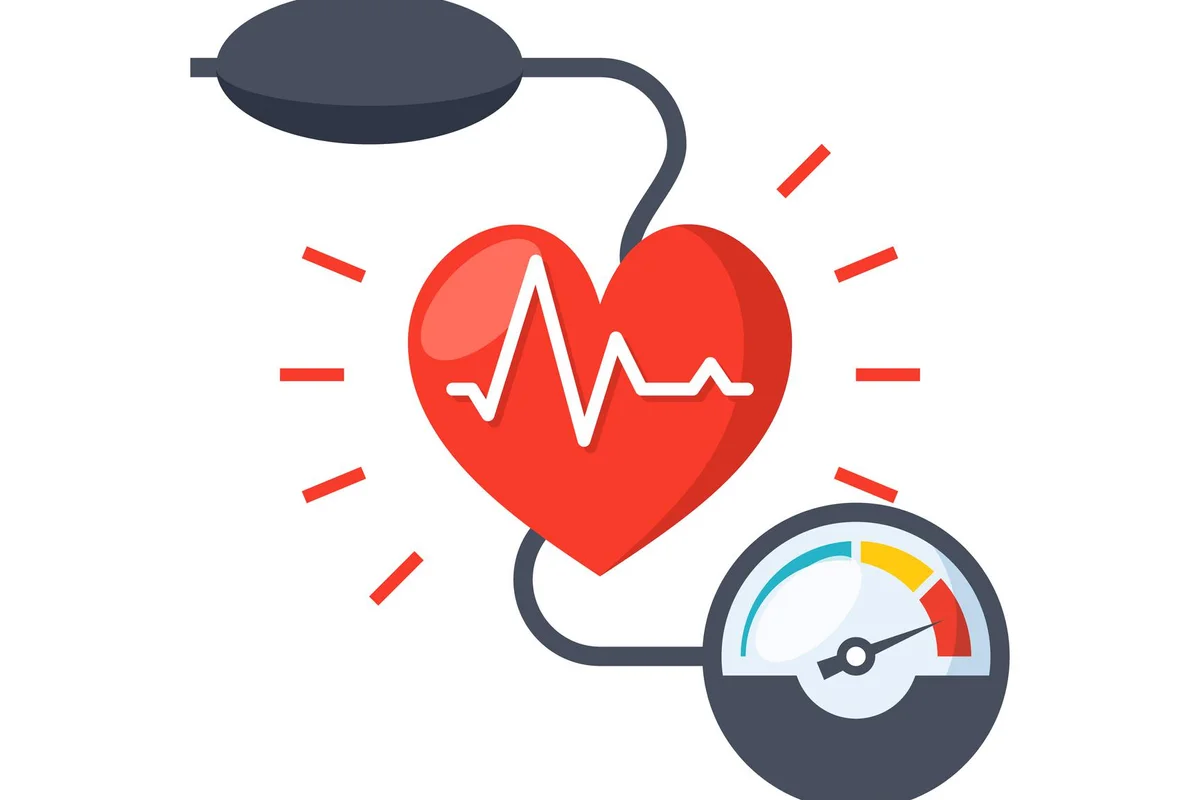High blood pressure, also known as hypertension, affects nearly 65 million adults in the United States. It's often called the "silent killer" because many people don't realize they have it until they start feeling ill, experience serious side effects or even die. Because there aren't any telltale symptoms that will alert you to the condition, it's important to get your blood pressure checked regularly by a health care professional.
High blood pressure can affect nearly every part of your body, from your brain, to your heart, to your bones—even your sex drive. Understanding the risk factors and the number your health care provider gives you can give you the tools you need to reduce your risk.
What are the risk factors?
Anyone can be diagnosed with high blood pressure, but some people are more likely to have it than others. For example, African Americans, people over the age of 55, people who are overweight and people with a family history of high blood pressure are more likely to be diagnosed with it.
You increase your risk of high blood pressure by engaging in certain behaviors, like smoking, eating foods that are high in salt, not getting enough exercise and drinking heavily.
How is it measured?
A health care provider will take your blood pressure reading with an inflatable cuff. It will measure the pressure that your blood puts on your arteries and give your health care provider two numbers, such as 120 over 80. The top number is the pressure when your heart beats, which is also called systolic pressure. The second number is the pressure that your blood puts on your arteries when your heart relaxes, also called diastolic pressure.
A normal blood pressure reading is less than 120/80. Prehypertension is from 120-139 over 80-90. High blood pressure is either stage 1, between 140-159 over 90-99, or stage 2, which is 160 and above over 100 and above. In people over age 60, high blood pressure is considered 150 and above over 90 and above.








